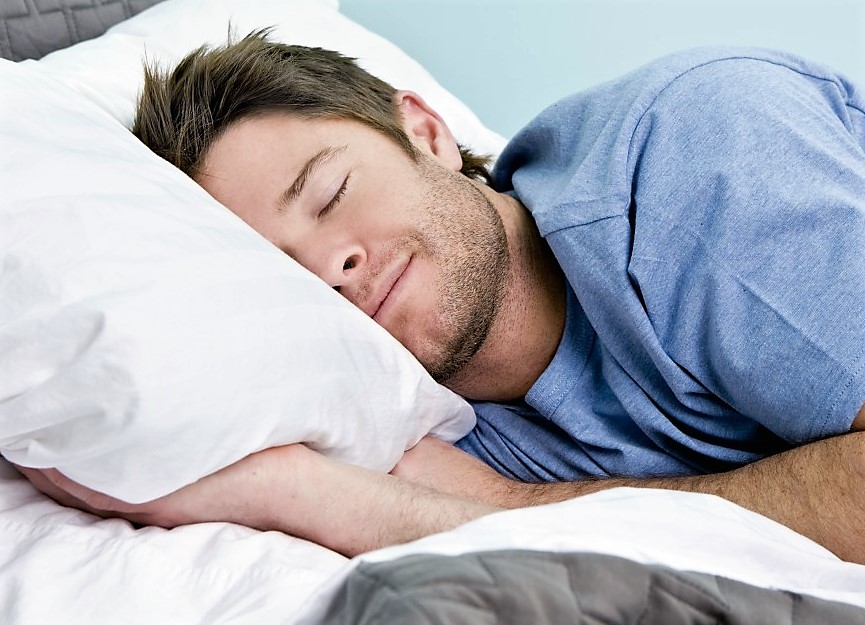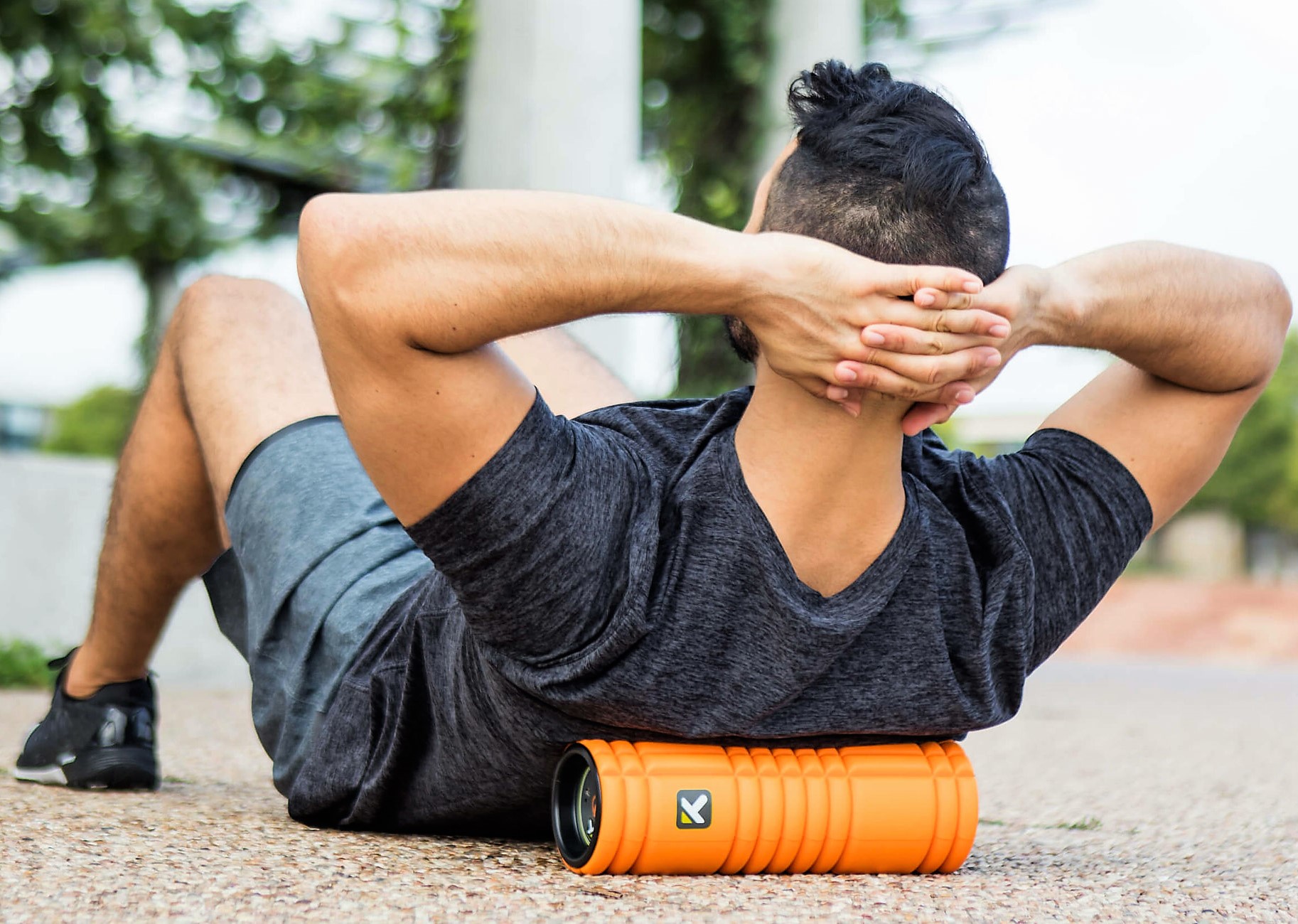There are two kinds of people – the kind who love to sleep early, and the kind who love to sleep in. Every once in a while, you’ll find a unicorn that genuinely doesn’t sleep more than a few hours per day, but the general consensus among researchers is that the adult human needs between 6 and 8 hours of sleep per day, and it’s best if somewhere along those 6-8 hours, we go through a few REM cycles. Yet as we grow older, the notion that we need sleep sort of goes forgotten. Demanding student lives, and arduous work schedules often have us pulling all-nighters or barely sleeping to hit deadlines or work overtime on a big project. We find ourselves seeking our micronaps, or just not sleeping much. Some people are plagued by sleeping issues – from stress-related insomnia, to obesity-related sleep apnea. Sleep, its importance, and the need to get it in both quality and quantity, is often neglected.
That’s particularly an issue in cases where people want to garner any kind of performance or long-term progress. If you’ve got issues with the quality and quantity of your sleep, you’ll be cutting short your strength gains and your muscle gains. Getting enough sleep is important to give your body time to recover from a workout, maintain healthy levels of testosterone, and maintain cognitive capability. People who suffer from sleep problems like sleep apnea or generally get less than 6 hours of sleep per day will find themselves struggling cognitively and accumulating neurological wear-and-tear from chronic sleepiness, as well as problems in hormone regulation and testosterone production. Chronic sleep deprivation also affects performance in multi-joint exercises, albeit not single-joint movements.
Why People Struggle with Sleep
Theoretically, we should all absolutely adore our little reprieve from the stresses and challenges of daily life by giving ourselves a thorough and well-deserved sleep. But the reality is very different. According to Consumer Reports, which generally does pretty comprehensive surveys of a large number of Americans across different demographics, about a fifth of all Americans struggle with chronic sleeplessness. Not insomnia per se, but they just can’t really fall asleep a lot of the time – most of the time, in fact. More worrying is the fact that the same survey revealed that 68 percent of people struggle with falling asleep at least once a week.
That’s insane, when you think about it. Sleeping isn’t something we should be doing reluctantly – in fact, it’s something we desperately need. Why exactly isn’t completely known, but there’s more than enough literature out there to prove that when we miss our sleep, our body begins to function erratically, our immune system struggles, our mind is all over the place, the brain begins to crave microsleep, and we’re generally bound to be in really terrible shape until we finally catch up with our sleep – which involves putting extra hours into hitting the hay for a few weeks, depending on the severity of the sleep deprivation.
Understanding why so many Americans struggle with sleep matters. Here’s the biggest clue: work hours. Americans work more hours in a week than most other populations in developed countries across the world, with fewer benefits. The general US population is overworked, underpaid, and doesn’t have much in the way of social benefits to show for it. That, alongside a divisive political landscape, uncertain futures, financial woes, and an increasingly materialistic society results in higher levels of depression, anxiety, and yes, sleeplessness.
In short: stress and lack of time is a significant reason why a lot of people struggle to get their shut-eye. Other reasons that are more easily avoided include the fact that Western countries consume a crapload of caffeine, spend an inordinate amount of time hooked to devices that actively block or reduce the natural production and release of melatonin through bright, blue light (which regulates our sleepiness, making us drowsy as the sun sets), and many Americans struggle with weight, which leads to issues like sleep apnea, which robs you of both qualitative sleep as well as sleep quantity.
Some of these issues don’t have an easy fix. You’d have to lose weight or find a way to get a sleep-assisting machine. Perhaps the hardest ask is to find a way to get more sleep with your job. If your job demands that you’re doing overtime and only have a few hours to spare outside of eating and taking a crap, you’re out of luck (and probably really depressed). But if the time is there, you have to find a way to access it. Here’s where my advice comes into handy: if you’re working and working out, make sure you’re sleeping, too. If you can only afford to sleep 6-7 hours a day, then at least make sure that your training doesn’t cause major CNS fatigue.
The harder you train (specifically, the more intensity your program has, and the closer you train to your 1RM), the more you need to sleep to recover from heavy days and get the body ready for the next day without major cognitive and performance issues, in and out of the gym. If you just can’t afford to go ham, stick to working around your 70-80% max until you have the time to work back up to heavy, intense sets.
It’s important to note that the relationship works in reverse, but only partially. Yes, your multi-joint performance will be affected as a study I linked previously has noted – but you gain a bigger benefit in sleep by consistently training, neither too much nor too little.
How to Get More Sleep
First things first – people need individual levels of sleep. It’s not up to me in the slightest to determine how much you need. And while we’re at it, it’s possible that you can get away with 7 hours of sleep and feel just fine and dandy. I personally can’t, and I’ve come to accept that. At 6 hours, I start feeling groggy – without frequent lifting. If I’m hitting big lifts in my program, it’s pretty common for me to struggle with 8 hours and more often than not seek out a 9-hour sleeping session.
You can sleep several times a day, if need be. Try to get some REM sleep, though – make sure at least one of your “naps” is at least two hours or longer. If you can only sleep for four hours and find yourself waking up early unable to go back to sleep, consider starting your day early and finding ways to nap here and there. A 24-hour gym is extremely helpful in this case, as you can schedule your sleeping cycle around working and working out. If you have the cash to build a home gym, or have one already, that’s a great bonus.
Finally, be diligent with your sleep. That means having an alarm and everything. Treat yourself much like your parents would’ve treated you in grade school – you gotta be in bed by a specific time, with absolutely no electronic devices with you in bed.
That last bit is very important. It’s fine to get a consistent amount of sleep, but you also need to pair that with a consistent schedule. Plus points if you’re sleeping while it’s dark out and are preferably in bed before midnight. I’d say, “use your common sense”, but there’s also data that backs this up. It’s better to be awake with the sun and asleep at night, rather than work through the night and sleep during the day. Every human being has a natural rhythm, likely to avoid night-prowling predators and to ensure that we use our resources more effectively – meaning, it’s smarter and more resource-efficient to look for food and be active during the daylight hours and use the night time hours to adapt to the day’s challenges, recharge, recover.
The bit about electronic devices matters, too. blue light is what your phone, handheld console and computer monitor usually emit, and this is a type of light that essentially mimics daylight in our brain, keeping you alert and awake, but also reducing your brain’s natural release of melatonin.
Caffeine does something similar, blocking the effects of melatonin rather than working against its release. This makes it so that you get a caffeine crash if you use coffee to stave off sleeplessness, because it accumulates while you’re resistant to it, and finally hits you when the effect wears off. As a good rule, try not to use any devices by the time you hit the hay, and don’t drink any coffee within a five-hour window prior to bed time.
Learn to Love Sleeping Consistently
Training for powerlifting is pretty boring, if done correctly. Beginners will find themselves maxing out almost every week, hitting new PRs and feeling amazing. Yet once the newbie gains are done, and you start getting diminishing returns from your training, you have to adapt in a way that requires you to rinse and repeat through workouts week after week, trying out new things but generally fighting for incremental improvements on the bar, eating enough day after day, and getting the rest you need to do it all again. If you can’t fall in love with the process, you’ll never reap the benefits.
Again: powerlifting consistently isn’t about the end result at the meet. The sport itself is about the numbers you put up, sure, but if you want to get anywhere, you have to learn to love getting under the bar, you have to love to get your sleep, and you have to love to eat a lot. And if you don’t love that now, learn to love it, or find something else.
Want to lift heavier and avoid injuries? 💪🔥
Download our FREE '5-Minute Warm-Up Routine for Maximum Lifting Performance' and get primed for every workout!
Click below to grab your copy now!👇
👉 Download the Free Guide



